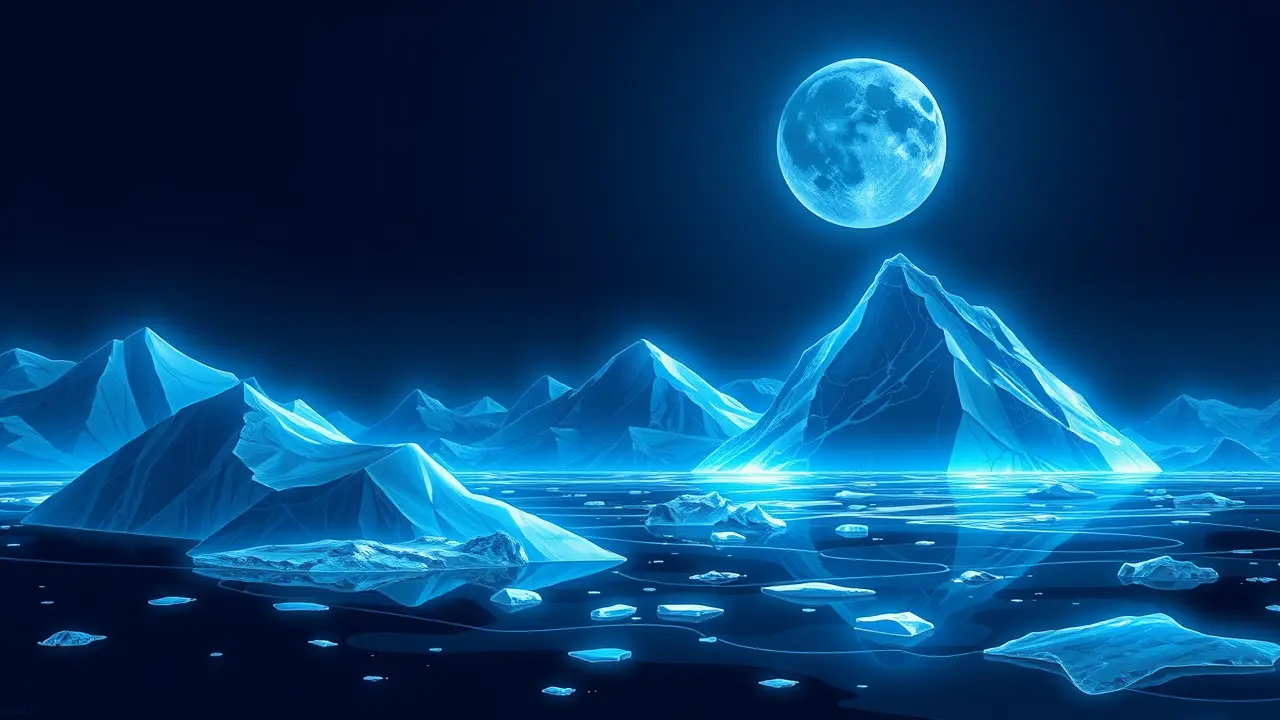
Scienceclimate sciencePolar Research
9,000-year-old ice melt shows how fast Antarctica can fall apart
RA
Rachel Adams
5 hours ago7 min read
A groundbreaking study has unearthed a sobering precedent from Antarctica's deep past, revealing that approximately 9,000 years ago, the massive ice sheets of East Antarctica—long considered a bastion of stability—underwent a catastrophic and rapid collapse. This wasn't a slow, glacial retreat but a dramatic disintegration triggered when unusually warm, deep ocean water intruded beneath the continent's protective floating ice shelves.This initial breach acted like a pulled thread in a complex tapestry, unraveling the ice's integrity and initiating a 'cascading positive feedback' loop. As one sector of the ice shelf gave way, it altered the regional ocean currents, funneling even more warm water toward adjacent ice masses, thereby accelerating their demise in a domino effect that rippled across the coastline.This historical episode, meticulously reconstructed from marine sediment cores that act as a geological diary, serves as a stark warning for our current climate crisis. The mechanisms identified—warm water incursion and inter-shelf communication—are precisely the same forces observed today in vulnerable areas like West Antarctica's Thwaites Glacier, often dubbed the 'Doomsday Glacier.' The key takeaway from this 9,000-year-old event is the non-linear and self-sustaining nature of ice sheet collapse; once a critical threshold is crossed, the process can accelerate beyond our current models' predictions, potentially locking in several meters of sea-level rise over centuries. For scientists like Dr.Eleanor Vance of the Scott Polar Research Institute, this paleo-climate data is not merely academic. 'This is the ghost of climate future showing us its resume,' she explains.'We are currently pumping the oceans with heat, recreating the very conditions that led to this ancient meltdown. The question is no longer if parts of East Antarctica can be destabilized, but when we will push them past their tipping point.' The research underscores the profound interconnectedness of Earth's systems, where a localized change in ocean temperature can trigger a continent-wide response, threatening coastal communities from the United States and China to the low-lying island nations of the Pacific and Indian Oceans. This discovery moves the conversation from abstract future risks to a documented historical reality, emphasizing that the fragility of our polar ice is a lesson we ignore at our collective peril.
#featured
#Antarctica
#ice melt
#climate change
#paleoclimate
#ocean currents
#ice shelves
#positive feedback
Stay Informed. Act Smarter.
Get weekly highlights, major headlines, and expert insights — then put your knowledge to work in our live prediction markets.
© 2025 Outpoll Service LTD. All rights reserved.